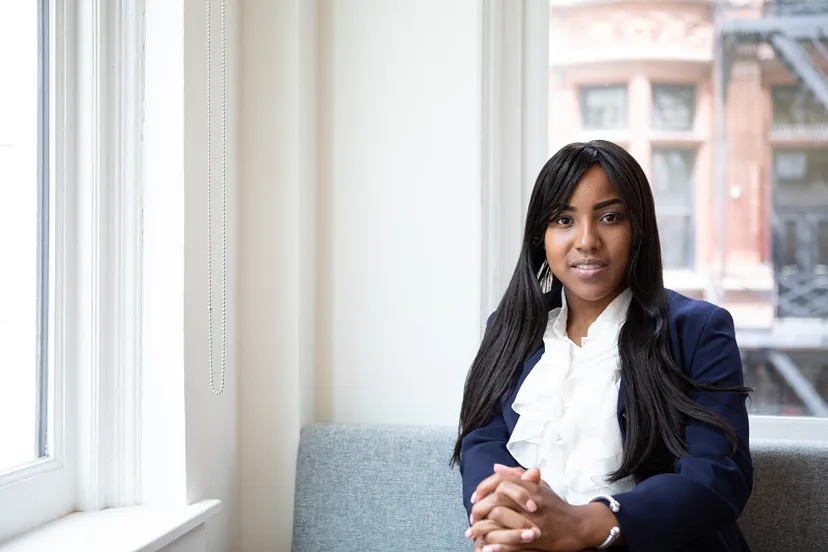
Image via pexels
In a $200 billion global venture capital market, what’s $25.8 million?
Last week, Georgia Federal U.S. District Judge Thomas Thrash ruled in favor of the Fearless Fund, a $25.8 million fund whose mission is to focus on investing in Black women-led startups. By this Saturday, his decision was temporarily blocked by the Atlanta-based 11th U.S. Circuit Court of Appeals, meaning the Fearless Fund will not be allowed to distribute the $20,000 awarded to winners of the Strivers Grant Contest. Dissenting U.S. Circuit Judge Charles R. Wilson stated,
“It is a perversion of Congressional intent to use [the law] against a remedial program whose purpose is to ‘bridge the gap in venture capital funding for women of color founders’ — a gap that is the result of centuries of intentional racial discrimination.”

Image via pexels
The lawsuit flies in the face of many systemic and social issues facing Black women entrepreneurs, especially within the current space of investor capital and startups. In a $200 billion industry that awards less than one percent of its investment to Black women, the $20,000 award distributed by Fearless Fund is paltry compared to the 93% of investment dollars that go towards white men. That being said, it is a desperately needed — and deserved — cash flow going towards one of the fastest-growing and most underserved groups of business owners in America. In an interview with McKinsey, Federal Reserve Board Member Dr. Lisa Cook stated the national GDP would rise 4.4 percent if people of color and women were given the same access to the innovation economy as their white male peers.
Others steadfastly dedicated to the economic empowerment of Black women have also vowed not to back down. Prominent venture capitalist and founder of Collab Capital Jewel Burks Solomon stated,
“It would not be true to why we started [Collab], why we got in this business if we made any tweaks or adjustments out of fear. The mission has to stay the same, and how we communicate around it, how we collaborate around it should also stay consistent.”

Image via pexels
digitalundivided’s interim CEO, Brittany S. Hale emphasizes, “We continue to support Fearless Fund and continue to watch as this case makes its way through the judicial system. It’s said that, ‘precedent makes law, so if you stand well, stand still.’ We stand firmly on the side of Fearless Fund, on the side of founders, and, more broadly, on the right side of history.”
The lawsuit against the Fearless Fund was brought to the court by the far-right organization American Alliance for Equal Rights, which used a Civil War-era policy — section 1981 of the Civil Rights Act of 1866 — prohibiting racial discrimination in contracts. The organization was responsible for the lawsuit against Harvard University and the concurring Supreme Court decision to ban race as a factor for universities to diversify their student bodies. American Alliance for Equal Rights is part of a more significant movement to target businesses moving towards racial inclusion and corporate diversity, like McDonald’s.
At the REVOLT WORLD conference held the weekend of September 22nd, Ayana Parsons, Fearless Fund cofounder, cautioned of the deep pockets of American Alliance for Equal Rights leader Edward Blume and of his intentions in this space,
“He’s trying to eliminate all of that… So that’s why I often tell people you might see the news and think, ‘Oh, that’s too bad for those Black women.’ He’s coming for us. He’s coming for everything Black, and we must fight back, and we must stand up.”

